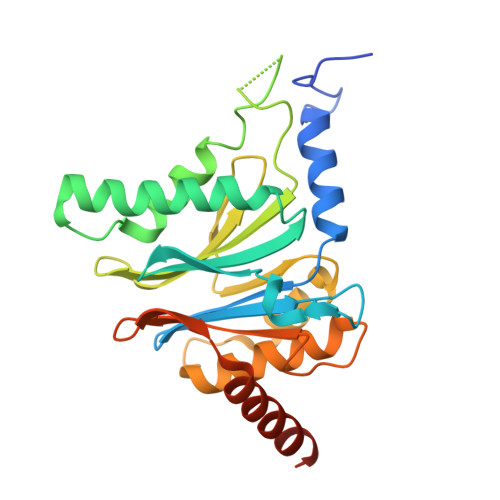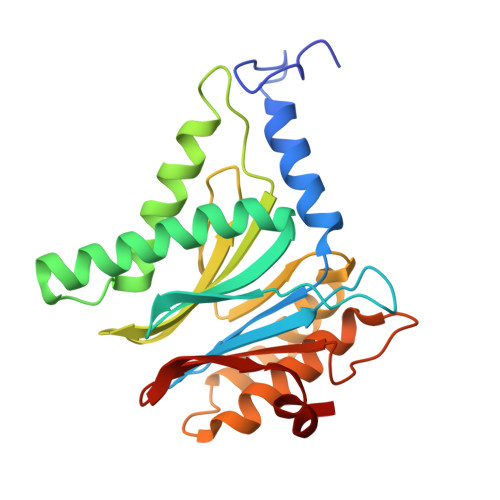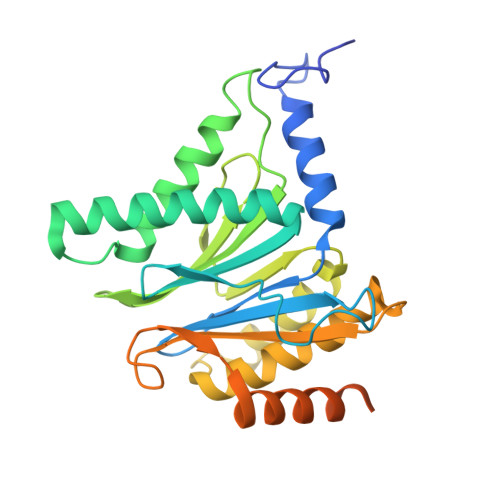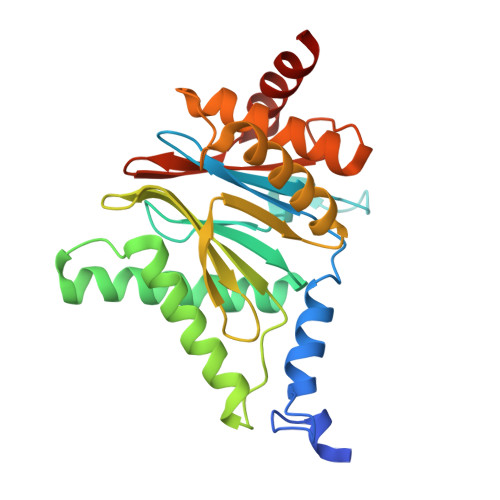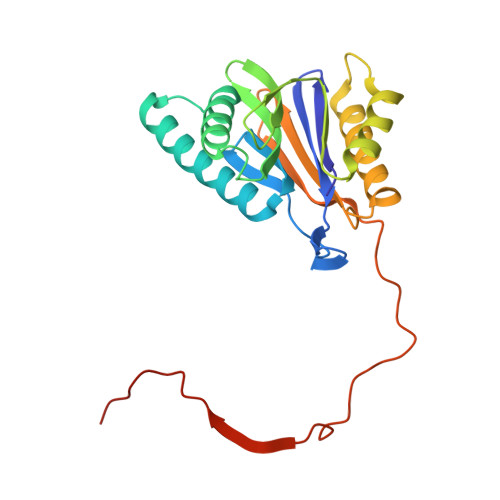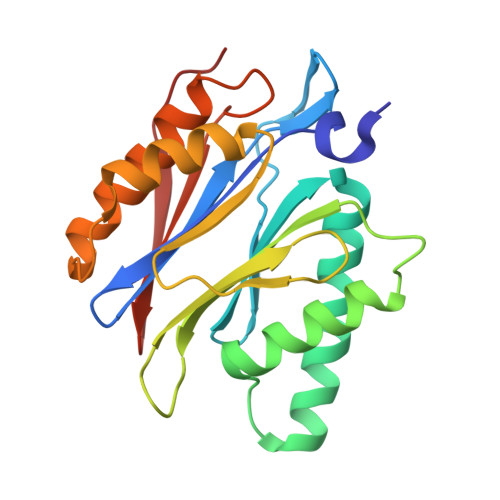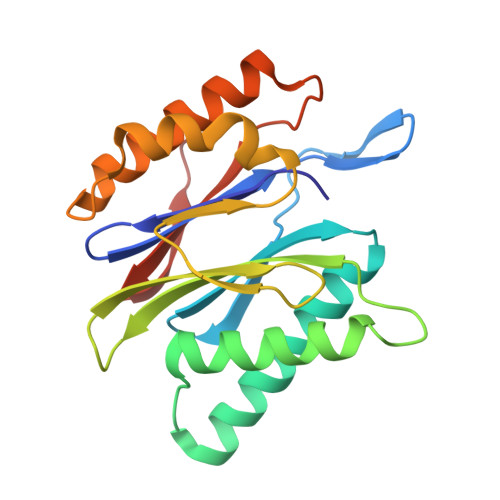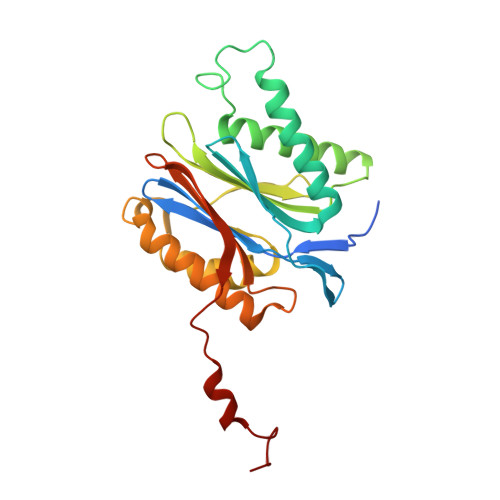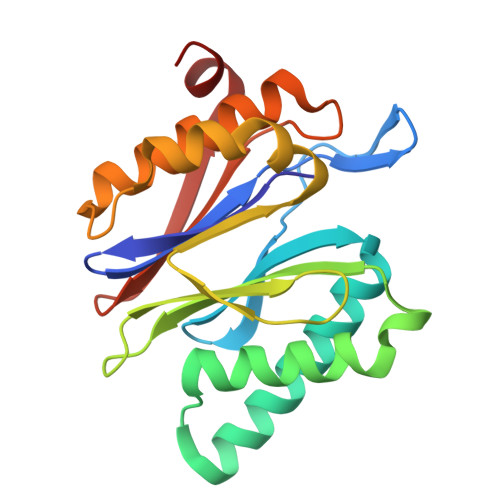Proteasome-associated autoinflammatory syndromes: The impact of mutations in proteasome subunits on particle assembly, structure, and activity.
Huber, E.M., Heinemeyer, W., Groll, M.(2025) Structure 33: 2084
- PubMed: 41033310
- DOI: https://doi.org/10.1016/j.str.2025.09.004
- Primary Citation of Related Structures:
9QAF, 9QAI, 9QB1, 9QB4, 9QBE, 9QBI, 9QBO, 9QBW, 9QBY, 9QC9, 9QCF, 9QCK, 9QD2, 9QDF, 9QDS - PubMed Abstract:
Single point mutations in proteasome subunits can cause severe autoinflammatory syndromes. By still largely unknown mechanisms, some of these disease-associated mutations impair normal proteasome function and induce the production of pro-inflammatory cytokines, thereby leading to systemic inflammations. In order to obtain more insights on why and how the mutations T3M and G128V in the immunoproteasome subunit β5i trigger such deleterious effects, we created the respective yeast mutants and characterized their phenotypes with special emphasis on proteasome structure and activity. X-ray crystallographic data revealed that the mutation T3M influences structure and flexibility of the proteasomal substrate-binding channel with moderate impairment of proteasome biogenesis, whereas the amino acid substitution G128V causes larger structural rearrangements that severely disturb particle assembly and maturation. The obtained results provide a deeper understanding of how single point mutations can affect proteasome subunit structure as well as particle biogenesis and ultimately cause chronic inflammatory diseases.
- Technical University of Munich, TUM School of Natural Sciences, Center for Functional Protein Assemblies, 85747 Garching, Germany.
Organizational Affiliation:











